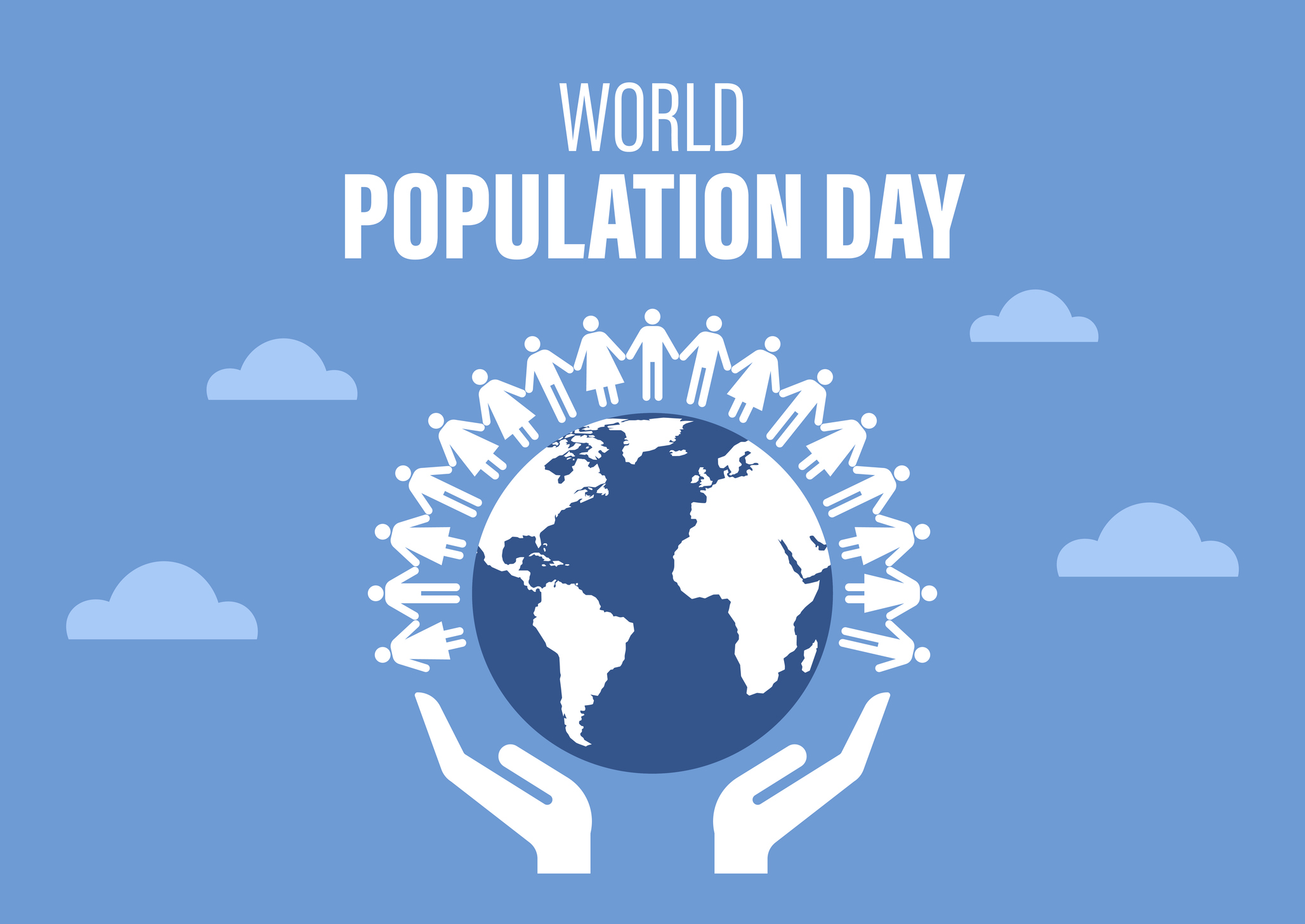Planned parenthood is essential for achieving better maternal and child health outcomes, Union Health Minister JP Nadda said on Friday, marking World Population Day.
Observed every year on July 11, World Population Day aims to raise awareness about population-related issues. This year’s theme is “Healthy Timing and Spacing of Pregnancy for the Health and Well-being of Mother and Child.”
“World Population Day serves as a platform to raise awareness about family planning and renew our commitment to addressing population-related challenges,” Nadda said in a post on X.
“This year’s theme highlights the importance of planned parenthood for healthy outcomes for mothers and children,” he added.
Nadda also underlined this year’s slogan: “माँ बनने की उम्र वही, जब तन और मन की तैयारी सही,” which translates to “The right age to become a mother is when both mind and body are ready.”
He said the message underscores the need for informed and empowered decisions about parenthood, with adequate physical and emotional readiness.
Highlighting government efforts, the Minister said that through public health facilities, including Ayushman Arogya Mandirs, the Centre is delivering essential family planning services nationwide.
“These centres are empowering families and paving the way for a healthier India,” he said.
India is now the world’s most populous country, surpassing China.
Poonam Muttreja, Executive Director of the Population Foundation of India, told IANS that the conversation must shift from numbers to women’s empowerment.
“India’s population story is not one of crisis, but of possibility—if we invest in women, young people, and address the needs of our growing elderly population,” Muttreja said.
Pointing to India’s declining fertility rate, she stressed the need to focus on quality healthcare, education, skills development, and job creation.
“True development and economic growth don’t come from forcibly influencing reproductive decisions, but from empowering individuals—especially women—to make informed choices about their bodies and lives,” she said.
Muttreja also called for shared responsibility, gender equality, and reproductive autonomy to be central in all population policies and programmes.
–IANS














